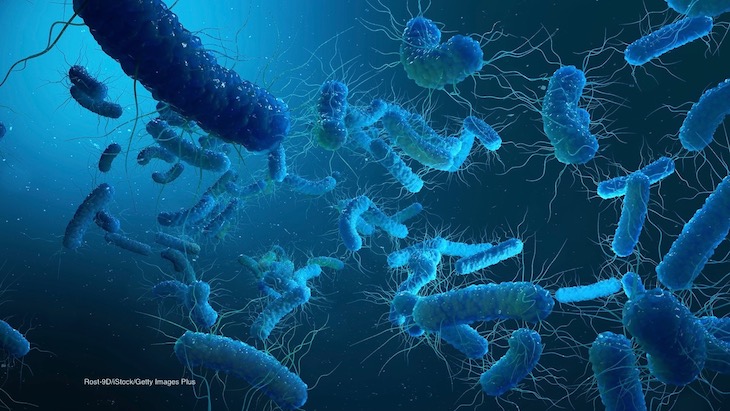Various news outlets are reporting that the Maine CDC says that there is a possible E. coli exposure at Morse’s Sauerkraut located in Waldoboro, Maine. A food handler allegedly worked while infected with Shiga toxin-producing E. coli (STEC) from April 1, 2021 through May 13, 2021. The government has determined that patrons of that facility may be at risk for a STEC infection.

Anyone who bought deli items from Morse’s Sauerkraut between April 1, 2021 and May 13, 2021 should watch for symptoms of this infection. Symptoms usually develop a few days after exposure, but can show up as late as 10 days later. People usually experience a mild fever, nausea and vomiting, severe and painful abdominal and stomach cramps, and diarrhea that is bloody or watery.
The Maine CDC recommends that food purchased from that deli during that time frame be discarded because of potential contamination. E. coli can be passed person-to-person, and anyone with this infection who handles food can contaminate it. This possible E. coli exposure at Morse’s Sauerkraut may have infected others.
While some STEC infections can be mild, others can be life-threatening. Very young children and the elderly are more likely to get seriously ill. About 5 to 10% of E. coli patients can develop a condition called hemolytic uremic syndrome (HUS), which is a kind of kidney failure. Symptoms of HUS include little urine output, easy bruising, bleeding from the nose and mouth, pale skin, and a skin rash. Anyone experiencing the symptoms of and E. coli infection or HUS should see a doctor as soon as possible and get teated.
The Maine Department of Agriculture, Conservation and Forestry and the Maine CDC are working with the business owner and local healthcare providers to minimize the risk of further exposures.
The best way to avoid this type of infection is to avoid certain foods, especially raw milk and undercooked ground beef. In addition, wash your hands thoroughly with soap and water after handling raw meats, and after taking care of someone who is sick. Finally, avoid cross-contamination while cooking between raw meats and foods that are eaten uncooked.




